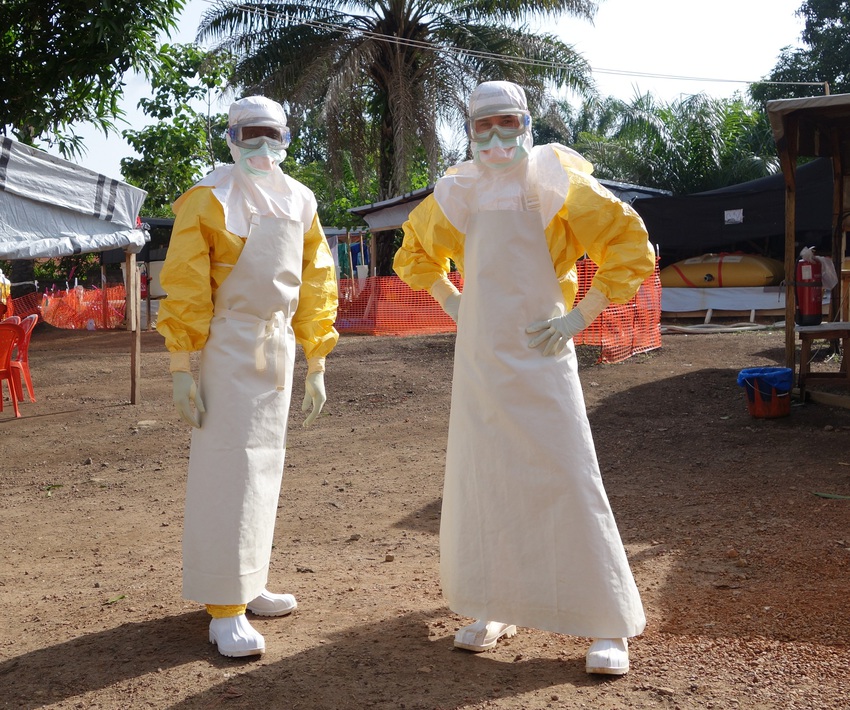Journalists around the world need to be circumspect in the way they report the spread of Ebola in Liberia, Guinea and Sierra Leone. The efforts made in scaremongering generalizations often seen in major Western media should rather be focused on being specific about the countries affected with an Ebola epidemic and report positive developments where constructive steps have been taken.
No doubting that the world must take Ebola seriously given the death toll and counting, most of whom are in Liberia, Guinea and Sierra Leone. Equally important is managing the fear the epidemic is causing abroad which may lead to counterproductive determinations that could only further exacerbate the isolation and destabilization experienced by these three West African nations.
In addition to rendering all possible forms of assistance to the three countries most impacted and taking preventative steps in countries with an isolated cases of Ebola, we must exercise great caution in reporting on the outbreak.
One way to achieve a balanced reporting is to stop referring to Ebola as impacting “West Africa.” Sixteen countries make up the region known as West Africa – Benin, Burkina Faso, Cote d’Ivoire, Cape Verde, Gambia, Ghana, Guinea, Guinea-Bissau, Liberia, Mali, Mauritania, Niger, Nigeria, Senegal, Sierra Leone and Togo.
Reports on reputable networks such as NBC, BBC, CNN and testimonies given by experts from many quarters, the UN, WHO, UNESCO and RED CROSS, the terminology “Ebola in West Africa”, has been thrown around without an effort to exercise a fact checking and a clear distinction of the current boundaries of Ebola.
Not to mention, Nigeria, West Africa’s most populous nation is now offering the USA and Europe expertise in containing the new ‘outbreak’ in the State of Texas, Dallas.
In the same way it will be unjust, and clearly a civil rights violation, if citizens of countries plagued by this disease are stigmatized or their territorial borders closed, describing an entire country and region as being impacted, and or infectious. This sort of reporting is slowly gaining ground and influence on public health policy in other countries and could perilously impact the fight against the spread of Ebola and the economies of the countries involved.
Another way to mitigate this fear is to report the positive developments in countries where Ebola has been contained such as Nigeria and Senegal, where due to the persistence of health officials and authorities, the few incidences of Ebola were discovered and handled swiftly and effectively.
Since the first case of Ebola in the United States was reported in Dallas, Texas on September 30, the Centers for Disease Control (CDC) vowed that the disease will be stopped, posing no threat to the American public. We are hopeful this will be handled with the utmost caution.
Similarly, just as much as it is unthinkable to caution people not to stop traveling to Texas, it is unfair to caution travelers to cancel family, business or pleasure trips to Nigeria or for that matter, to any country in West Africa that is not impacted by the virus.
It is irresponsible for policymakers in the USA and Europe to suggest that all flights from “West Africa” be banned.
Should there be better screening at airports in West Africa to protect citizens from the Ebola virus? Yes. Should every possible precaution including vigorous education campaigns by health care officials be implemented? Yes. But these are already happening in every country in West Africa receiving or departing travelers to and fro the impacted countries.
Only positive, consistent and coordinated action by the Economic Community of West African States (ECOWAS) and the international community will defeat Ebola.










